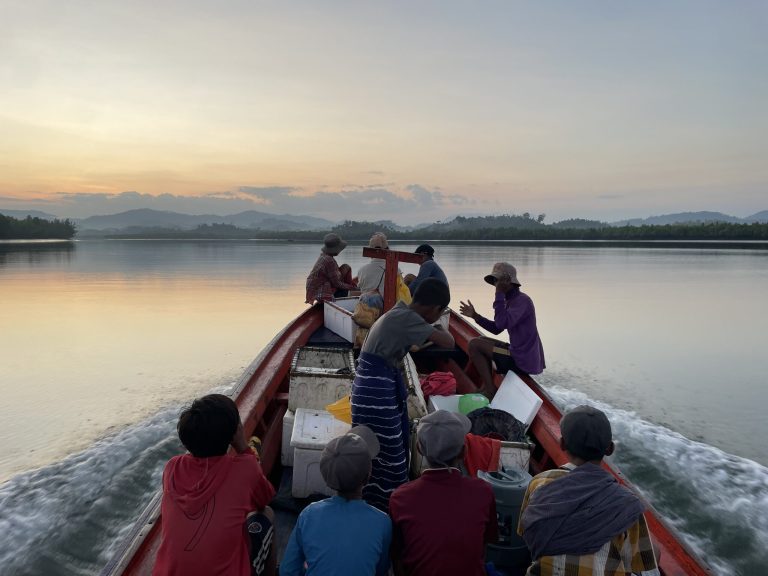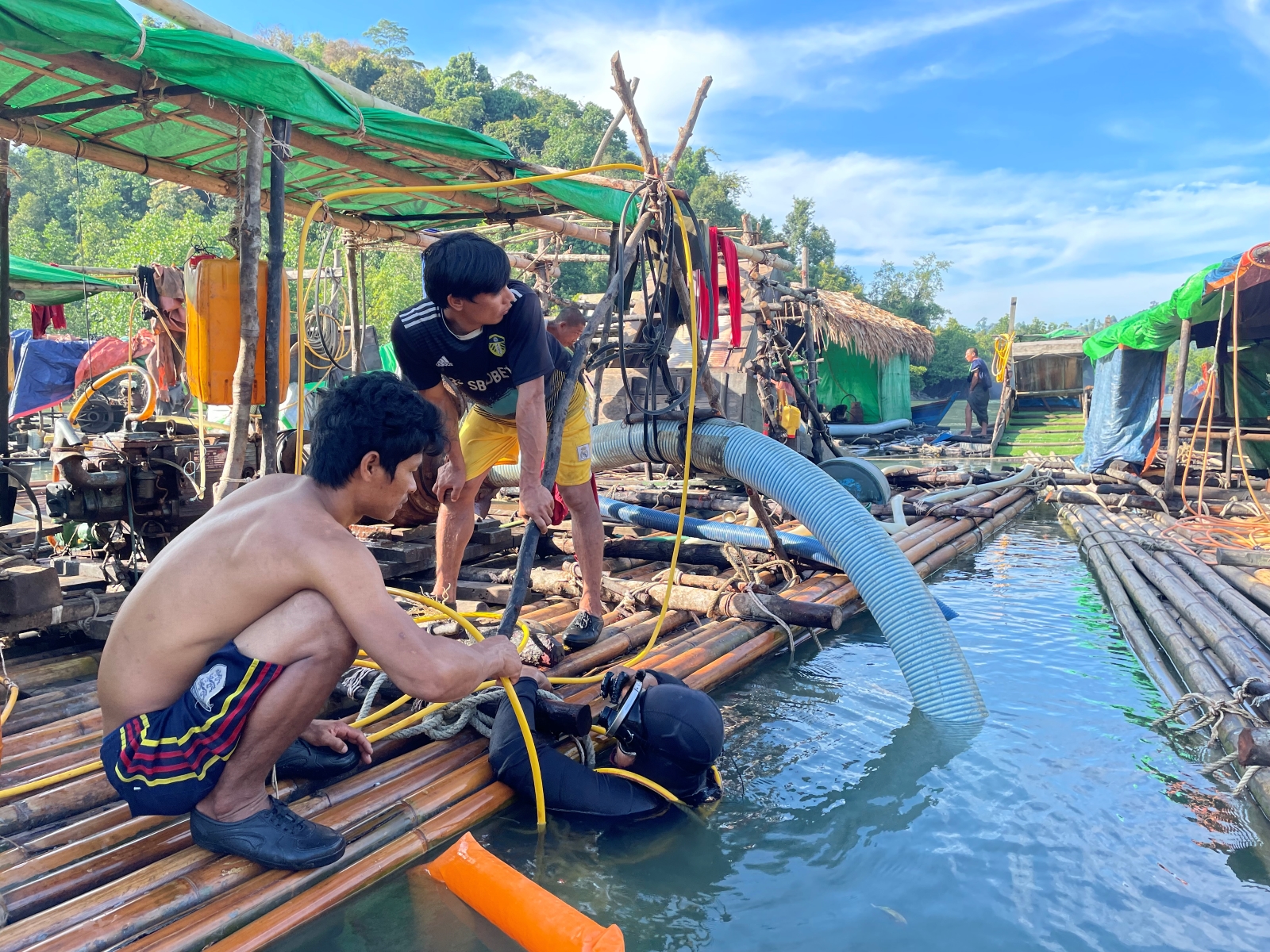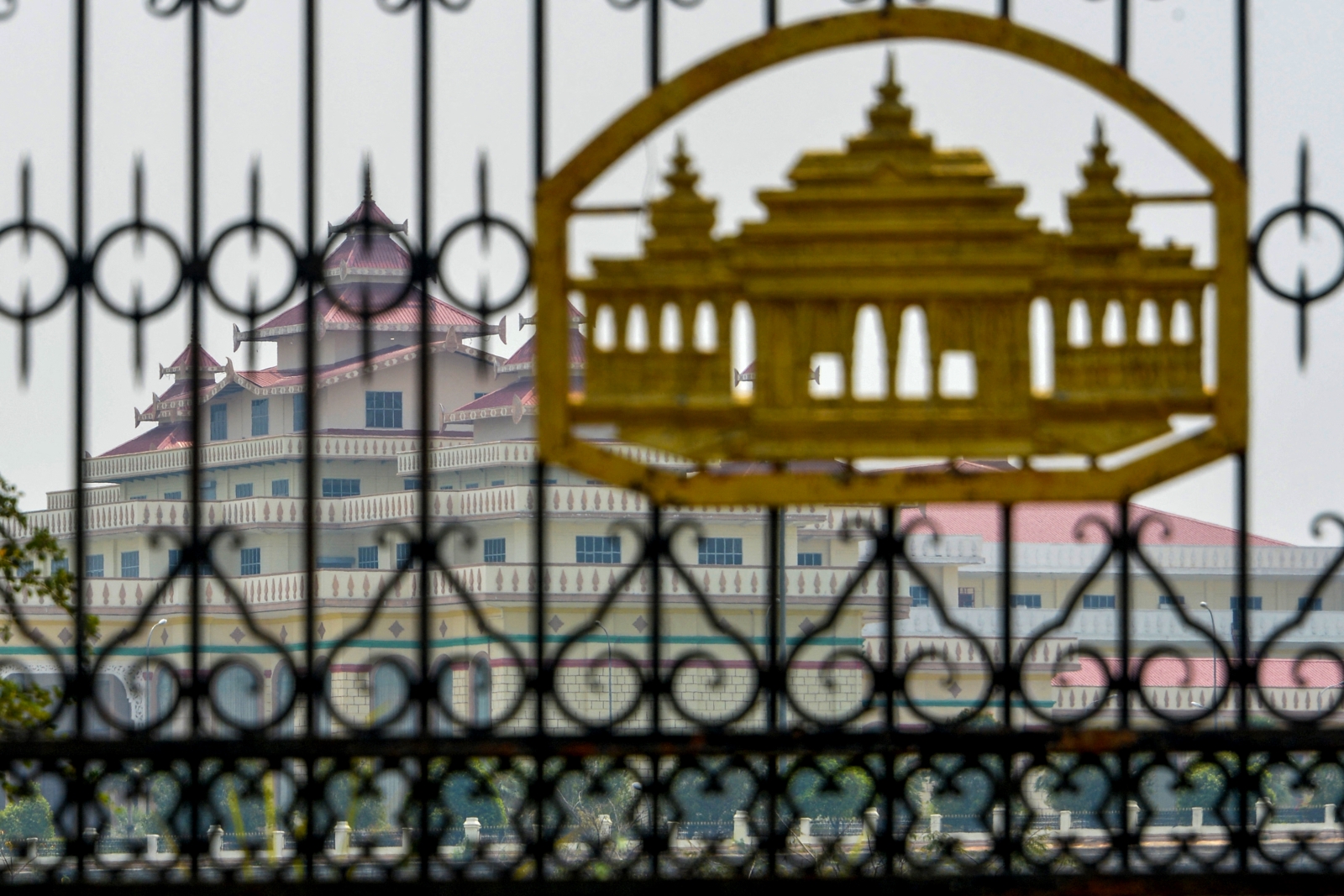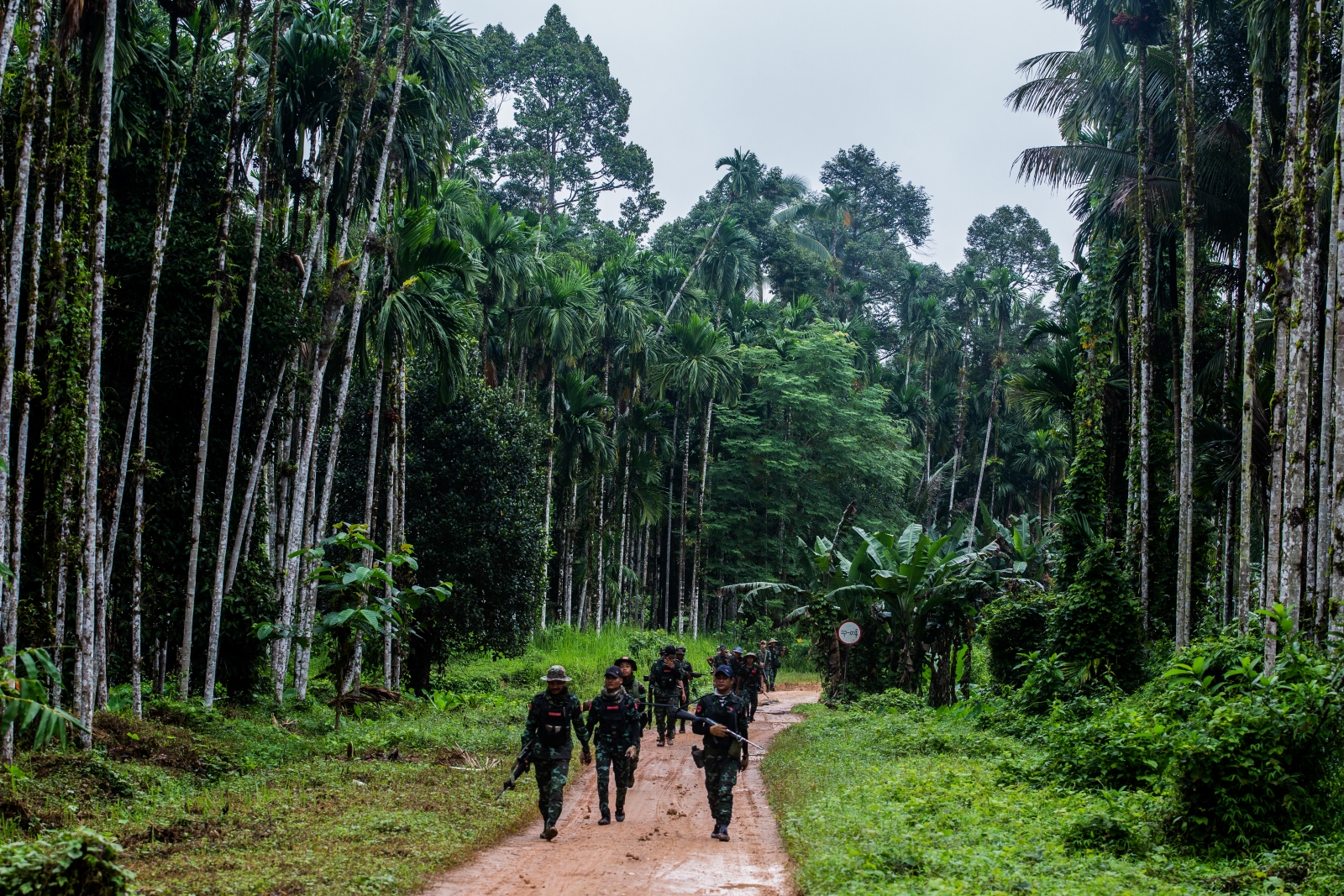The spectacular beauty of the Myeik Archipelago will be at risk unless local and national governments address the environmental impact of hotel and resort projects in Tanintharyi Region, a workshop has warned.
The projects were also likely to create social conflict unless communities were involved in planning and decision-making, said participants at the multi-stakeholder workshop in the regional capital, Dawei, on December 19 and 20.
Tourism is taking off in Tanintharyi, with 47 existing and 39 planned hotels and resorts, many on remote islands in the archipelago, and “many more” investors expressing interest, said a news release on the workshop.
It was issued by Flora and Flora International and the Myanmar Centre for Responsible Business, which co-hosted the workshop on responsible tourism together with the Tanintharyi Region government and the Ministry of Natural Resources and Environmental Conservation.
Workshop participants were polled on what they thought would be the most negative environmental and social impacts of the growth in tourism development, the release said.
Support more independent journalism like this. Sign up to be a Frontier member.
The greatest environmental concern was a failure to manage waste (41 percent), followed by the unsustainable use of building materials, such as timber logging on islands and beach-sand mining (13 percent), and destruction to coral reefs due to trampling by snorkellers and damage from boat anchors (11 percent).
The top three social impact concerns were conflict arising from a lack of community involvement in planning and decision-making (29 percent), grabbing land and beaches for hotels and tourism infrastructure (24 percent), and a paucity of economic opportunities for local people leading to conflict between communities and the tourism sector (20 percent).
“We have a lot to learn from foreign experience, including on sustainability and how to attract the international tourism market,” said Tanintharyi Chief Minister Daw Lei Lei Maw in a keynote address delivered on her behalf by U Myint Maung, the regional minister for natural resources and hotels and tourism.
“While priority will be given to national investment, Myanmar and foreign investment should co-exist,” Lei Lei Maw said.
She also called for an end to sand mining, mangrove destruction, dynamite fishing and trawling in nearshore waters, to support fishing communities.
Mr Frank Momberg, director of FFI Myanmar, said income from permits and licences for tourist operations should stay local and be allocated for marine conservation.
“We also need hotels and other tourism operations to adopt better environmental management, otherwise their operations will destroy the natural assets their profits depend on,” he said.
Ms Vicky Bowman, director of MCRB, said the strong message from the workshop was that local communities need to be involved in tourism in their areas and need to benefit from it through jobs and income opportunities.
“In Tanintharyi, this incudes indigenous communities such as the Moken. They should not only be a tourism asset for the region, but should participate and benefit from it,” Bowman said.
“Without community involvement, there will be conflicts between tourism investment and the locals, and everyone, including the environment, will suffer,” she said.






